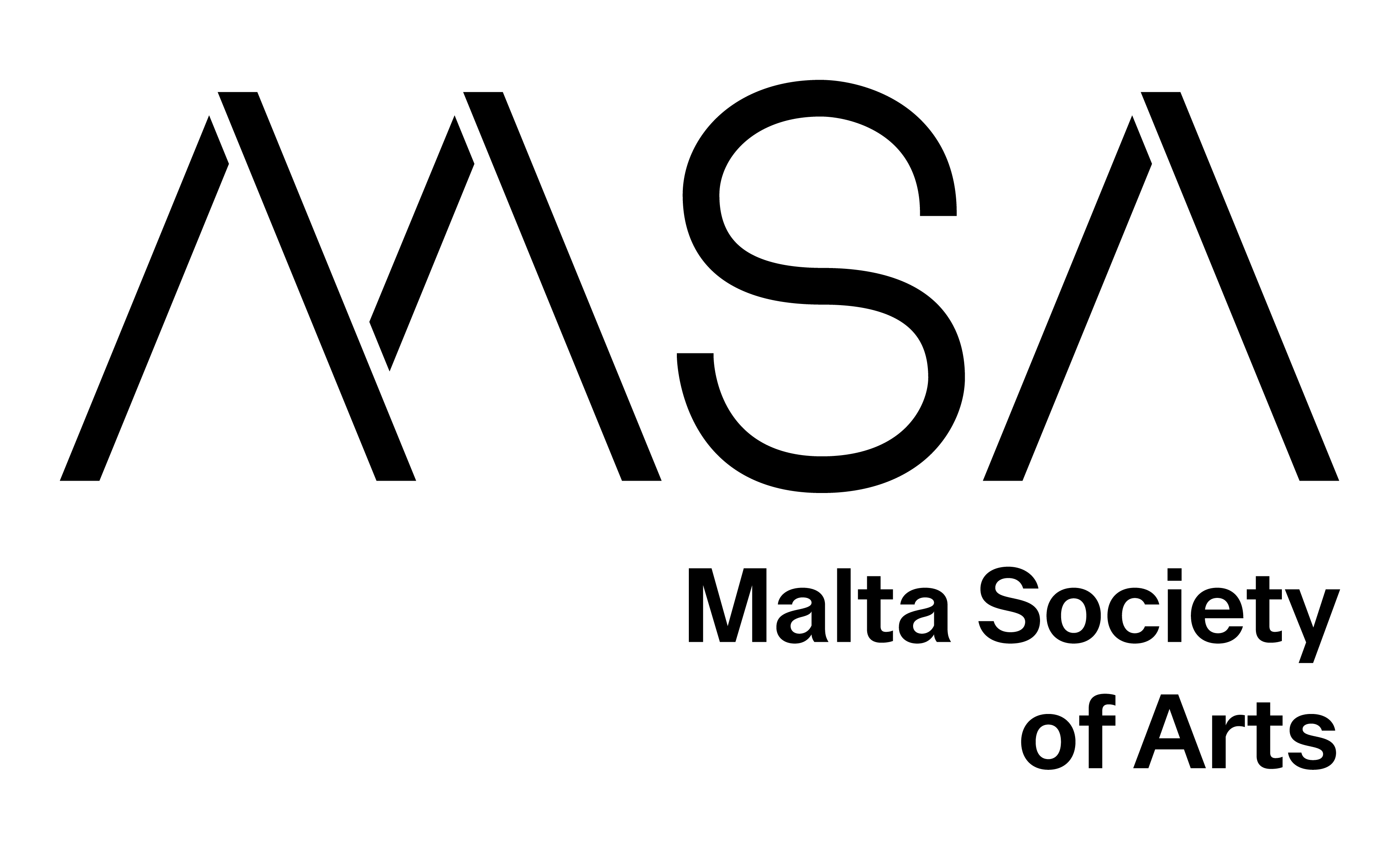Humour exerted by AI painting machines is gradually becoming empathetic (not yet conscious?) of comic information they attribute to audiences. In the symptomatology of artworks produced by machines, online AI text-to-image apps provide sliding menus for the diminution or exaggeration of a mimic property as laughter, eye-opening levels, etc. In any case, it is information stored from other historical art images or photographic paradigms, processed to formalise a new iconopoiia. The case of using AI for a handcrafted painting is one of a more sophisticated character, since the artist withdraws from certain juxtapositions that the machine originally ignores, ultimately making the process more malleable. If humour has been esteemed as an explicitly human product, contemporary AI machines produce complicated humouristic paradigms for mortals to experience. This paper refers to the Synthesised political Iconopoeia, the parameterization of painting through AI.
Y. Melanitis’s work initiates from a conceptualization on the strategies of contemporary art. Recent research focuses on the role of information on the arts considering “INFORMATION AS THE NEW CONCEPTUALIZATION. (Latest example is his gene micro-injected into the butterfly named Leda Melanitis for the creation of a transgenic, adult butterfly breed). Yiannis Melanitis holds degrees in painting, sculpture and digital arts from the Athens School of Fine Arts and is presently a PhD candidate at the School of Architecture, (NTUA) with a thesis entitled: Biological Dynamics in Art. Exhibited in Austria, Mexico, Brasil, Belgium, UK, Portugal, Switzerland, US, Scotland, Italy, Portugal, Sweden, Germany, Greece. Latest work presentations include Ars Electronica 2020, MACRO Museum (Rome); at the National Museum of Brasil; Biblioteque of Brasil; Museu D. Diogo de Sousa, Braga, Portugal; the Tongeren Museum and Praetorium, Belgium. As a subject of criticism, his work is included in international editions as "Art Tomorrow" (Ed.L.Smith), Leonardo MIT, Lomonosov Moscow University, by Seung-Chol Shin, Assimi Kaniari, Mario Savini among others.
Back







